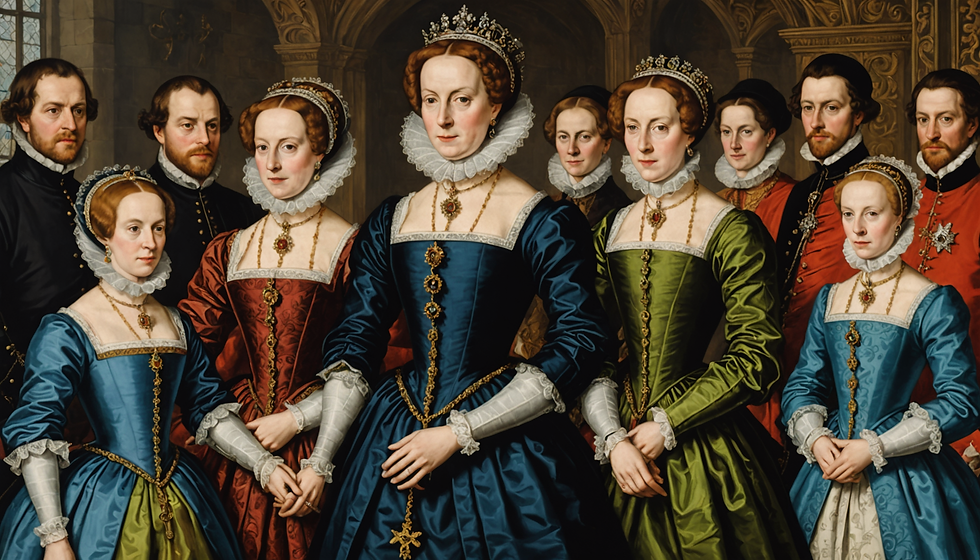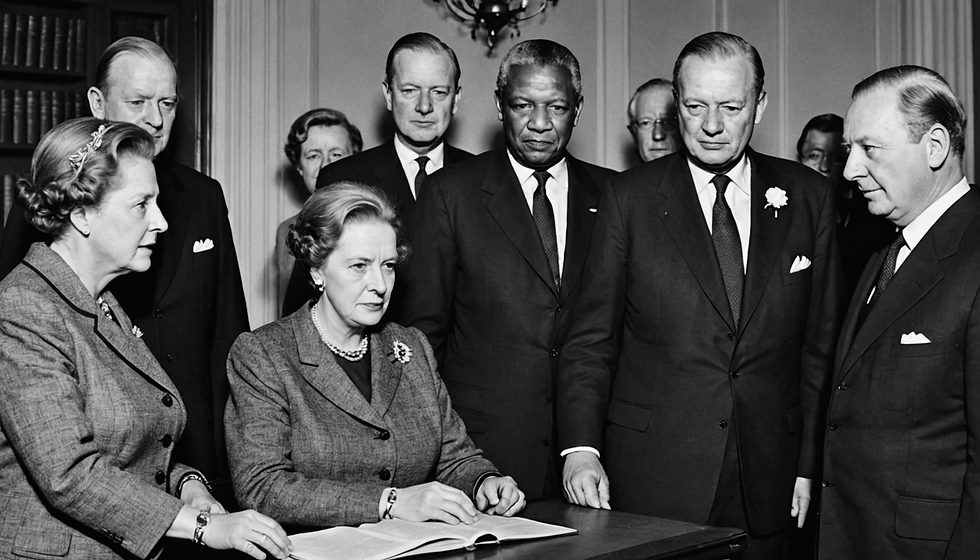Elizabeth 1 Iconic Leader: Coronation day today
- R.M. Boylan

- Jan 15
- 2 min read
Updated: Jan 19

Iconic Leader History Elizabeth 1
Coronation day January 15th, 1559
Today marks the coronation of Elizabeth I. She was the daughter of Anne Boleyn and King Henry VIII. As some of you may know, Anne Boleyn was executed due to her inability to bear a male heir, among other reasons. I am not a person that is a history connaisseur on matters relating to nobility. However, this story is very interesting for researching leadership studies.
Elizabeth I was reportedly 25 years old when her coronation took place on January 15th, 1559.
It is said that Elizabeth 1, never married. Many women choose not to marry to preserve their decision-making power or moral integrity. Elizabeth was married to England. Robert Cecil, who was well-acquainted with Elizabeth in her later years and knew her father well, described her by saying, "She was more than a man, and in truth, something less a woman." This statement encapsulates the essence of many iconic leaders.
This indicates that Elizabeth I was an iconic leader. Achieving the status of an iconic leader is a distinct level. Such leaders surpass gender role limitations and typically reach the utmost levels of cognitive complexity, awareness, and presence. They utilize various forms of power, yet their primary "power source" for influencing followers is referent power.
Referent power can be developed. Developing referent power involves a deep self-exploration, a process many might find daunting. It appears that many renowned iconic leaders have had to endure significant challenges.
Reading her speeches to the military and others reveals that she was more than just human. Although she wasn't destined to be Queen, a force greater than humanity ensured it occurred. This is a compelling story that young women and girls should learn about.
The Swan Song:
On November 30th, 1601
The Queen spoke in response to mounting criticism of her government's economic policies and the accusation that her administration was corrupt to Parliament. Her address was far more than a promise to reform; it was her swan song to almost 40 years of ruling.
References
1). Baldwin Smith, L. 1980, Elizabeth I.





Comments